
Innovative Research, Teaching, & Practice Grants
Quick Info
Amount:
$20,000 each
Number of Grants Available:
One
Letter of Intent Due:
February 1, 2024
Next Application Deadline:
March 1, 2024
Funding Duration:
1 year
Funding Period:
July 1, 2024 - June 30, 2025
Award Overview
Purpose
The Medical Toxicology Foundation funds innovative projects that support the Foundation’s mission to advance research and education in the prevention and treatment of patients adversely impacted by drugs, chemicals, and natural toxins.
Scope
The scope of this award is intended to be broad and creative. Proposals may be clinical or nonclinical in nature, but must have relevance to the practice of medical toxicology. All proposals that support the mission of the Foundation will be considered. We welcome grants with either a research or an innovative teaching focus.
Eligibility
Either the principal (i.e. “lead”) or senior investigator must be an active ACMT member in good standing, but ACMT membership is not required of co-investigators. Consultation with, and involvement of, professionals from other disciplines is encouraged. Applications are welcome from trainees (e.g. students, residents, fellows) and those within 5 years of completing fellowship, but the proposed work must be done under the supervision of an established investigator.
Webinar on Application Requirements
There were some significant and exciting changes to the RFP application process made in 2022, and they still apply for this current grant cycle. All potential applicants are encouraged to watch the informational webinar below to carefully review the RFP requirements.
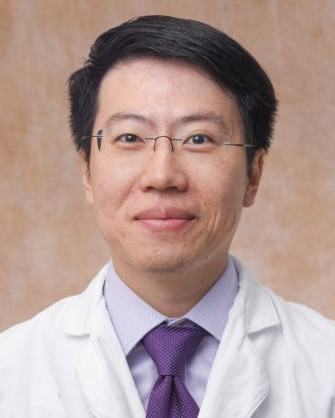
James Cao, MD
UT Southwestern Medical School
“Molecularly designed polymers for specific bupropion neutralization”
Award Amount: $20,000
Funding Period: 7/1/2022 – 6/30/2023
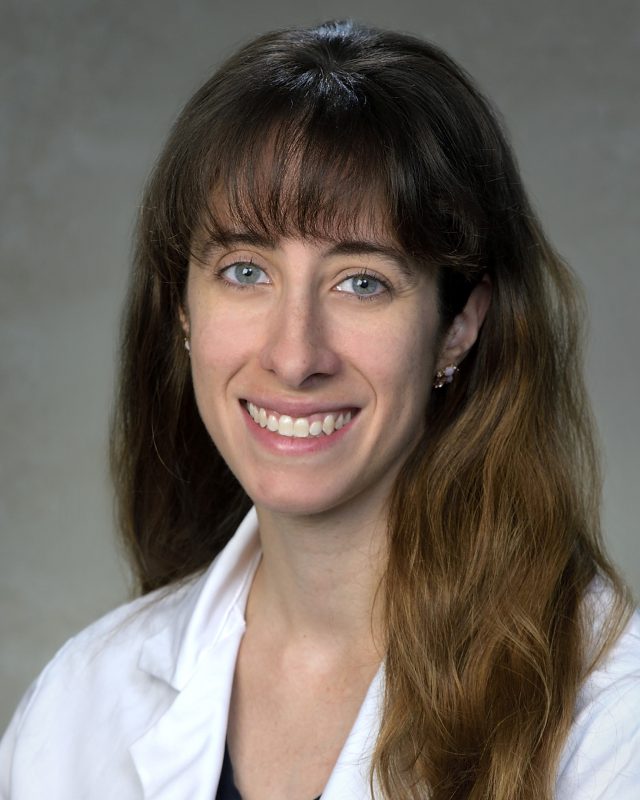
Jennifer Love, MD
Icahn School of Medicine at Mount Sinai
"Emergency Department Based Acute Pain Management for Opioid Use Disorder"
Award Amount: $20,000
Funding Period: 7/1/2022 – 6/30/2023
Past Grantees
Prior to 2022, this opportunity was separated into two individual grant opportunities.
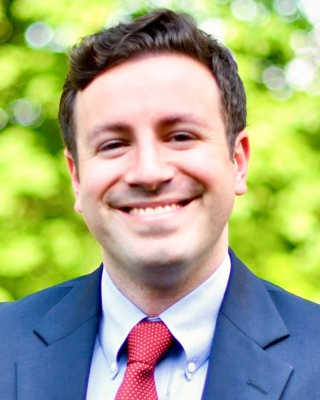
Powell Graham, MD
University of Massachusetts Medical School
“CannFall: Evaluating Blood Biomarkers of Cannabis Use After Geriatric Falls”
Award Amount: $10,000
Funding Period: 7/1/2021 – 6/30/2022
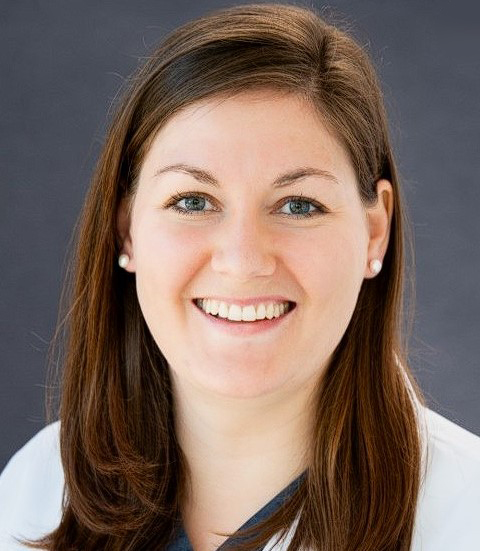
Carolyn Fox, MD, and colleagues
Atrium Health's Carolinas Medical Center
"Platelet Mitochondrial Dysfunction in Acute Acetaminophen Toxicity and with 4-Methylpyrazole Treatment"
Award Amount: $10,823.11
Funding Period: July 1, 2020-June 30, 2021
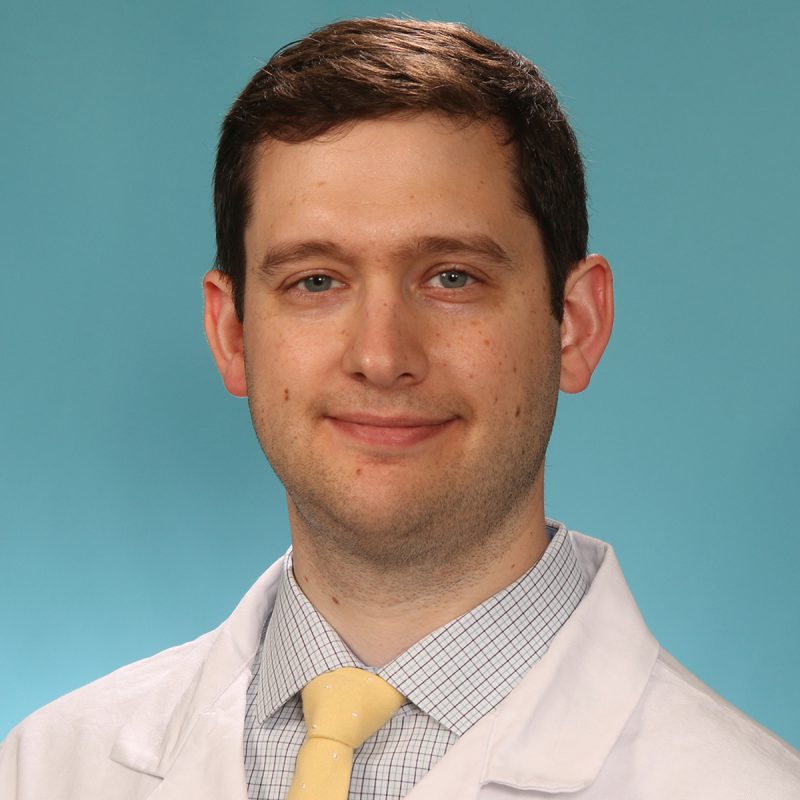
David Liss, MD, and colleagues
Washington University School of Medicine
"Liquid Chromatography Tandem-Mass Spectrometry as a Universal Screening Modality for High-Risk Pregnant Patients"
Award Amount: $10,000
Funding Period: July 1, 2020-June 30, 2021
Additional institutional research award: The title of the award and project are:
Washington University Institute for Public Health’s 2022 Next Steps in Public Health. “Early Identification of Opioid and other Substance use in Pregnant Patients in Acute Care Environments”
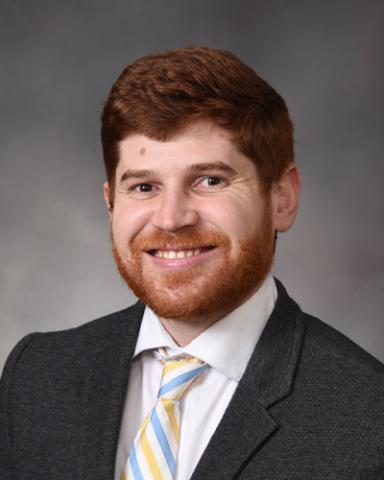
Andrew Micciche, MD and colleagues
University of Pittsburgh
"Case-Control Study Comparing the Expression of GABAA and NMDA Receptor Subunits in Human Peripheral Blood Mononuclear Cells in Individuals With and Without Benzodiazepine-Resistant Alcohol Withdrawal”
Award Amount: $10,000
Funding Period: July 1, 2019-June 30, 2020
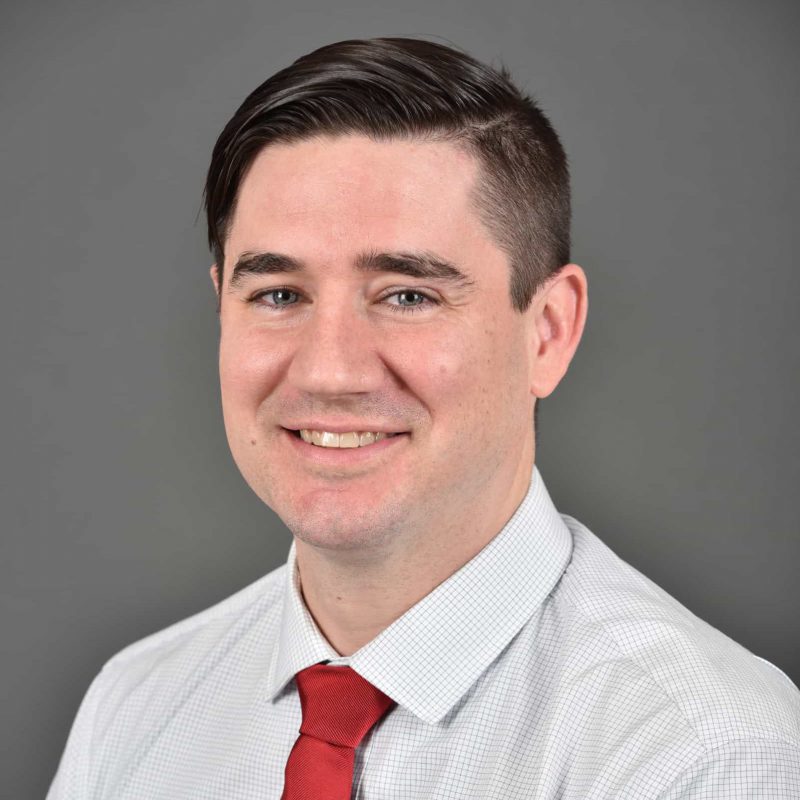
Michael Toce, MD, and colleagues
Boston Children’s Hospital
“Effect of Prescription Drug Monitoring Programs on Pediatric Opioid Prescribing and Opioid-related Overdoses”
Award Amount: $6,625
Funding Period: July 1, 2019-June 30, 2020
Abstract: Michael S Toce, Karen Olson, Michael C Monuteaux, Florence T Bourgeois. Impact of Prescription Drug Monitoring Programs on Adolescent and Young Adult Opioid Prescribing. J. Med. Toxicol. 16, 116–168 (2020 ASM)
Published: Toce MS, Michelson KA, Hudgins JD, et al. Association of Prescription Drug Monitoring Programs with Opioid Prescribing and Overdose in Adolescents and Young Adults. Ann Emerg Med. January 2023:1-9. doi:10.1016/j.annemergmed.2022.11.003
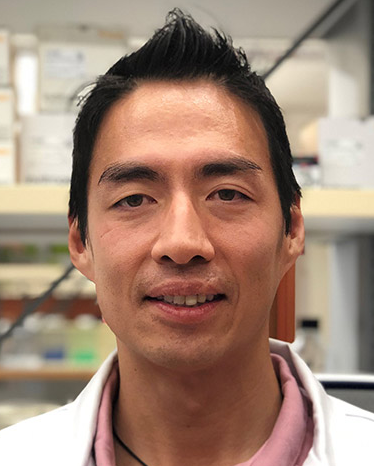
David Jang, MD, MSc
Co-Investigator: Utsha Khatri, MD
University of Pennsylvania Perelman School of Medicine
Investigation of a cell-permeable mitochondrial prodrug (NV-118) on mitochondrial function in human blood cells from patients with CO poisoning
Award Amount $10,000
Publications:
- Jang, D.H., Khatri, U.G., Mudan, A., Love J.S., Owiredu, S., Eckmann, D.M. Translational Application of Measuring Mitochondrial Functions in Blood Cells Obtained from Patients with Acute Poisoning. J. Med. Toxicol. (2018). https://doi.org/10.1007/s13181-018-0656-6
- David H. Jang, MD, MSc, Utsha G. Khatri, MD, Brenna P Shortal, BS, Matthew Kelly, MD, David Lambert, MD, Kevin Hardy, MD, David M. Eckmann, PhD, MD: Alterations in mitochondrial respiration and reactive oxygen species in patients poisoned with carbon monoxide treated with hyperbaric oxygen. Intensive Care Medicine Experimental Jan 2017.
Grant: National Heart, Lung and Blood Institute (NHLBI) Mentored Physician Scientist Research Career Development Award (K08HL136858)
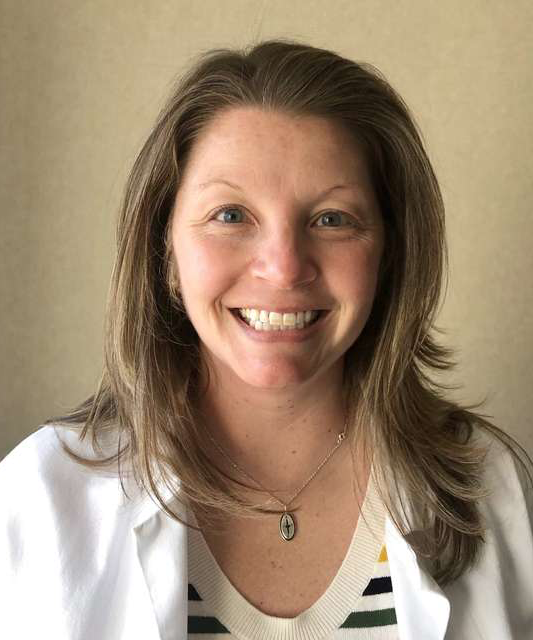
Kathryn Kopec, DO
Carolinas Medical Center
Global Educational Toxicology toolkit (GETKIT): A One Day Course for Teaching Poisoning Essentials in Low and Middle Income Countries (LMIC)
Award Amount: $9,680
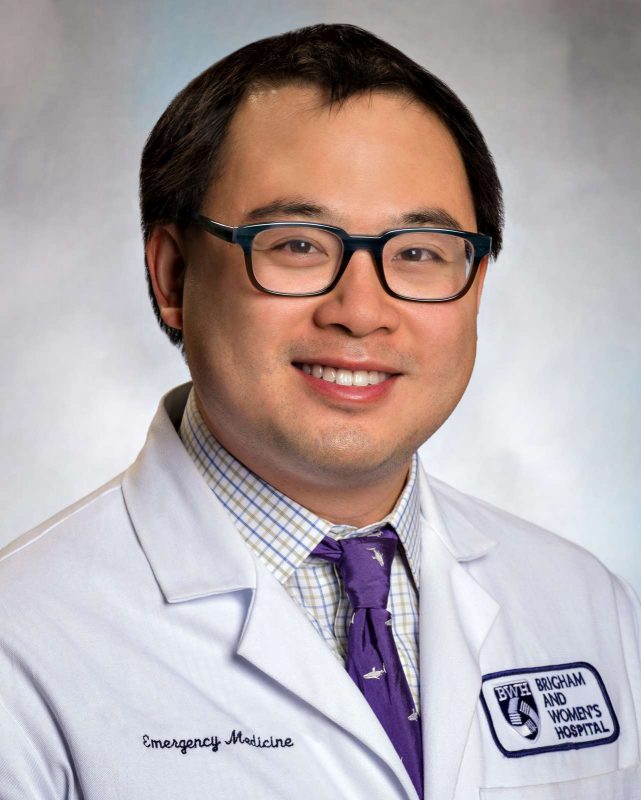
Peter Chai, MD
University of Massachusetts Medical School
Naloxone Distribution Patterns in Patients with a History of Heroin Abuse
Award Amount $10,000
Abstract: Lai J, Chai PR, Boyle K, Boyer EW. Acceptance Among Heroin Users of Advanced Technology in Studying Naloxone Distribution Programs. J Med Toxicol 2017;13:13.
Publication: Lai J, Champan B, Boyle KL, Boyer EW, Chai PR. Low-Energy Bluetooth for Detecting Real-World Penetrance of Bystander Naloxone Kits: A Pilot Study. Proceedings of the Hawaii International Conference on System Sciences-51. Proc Annu Hawaii Int Conf Syst Sci. 2018 Jan 3; 2018: 3253–3258.
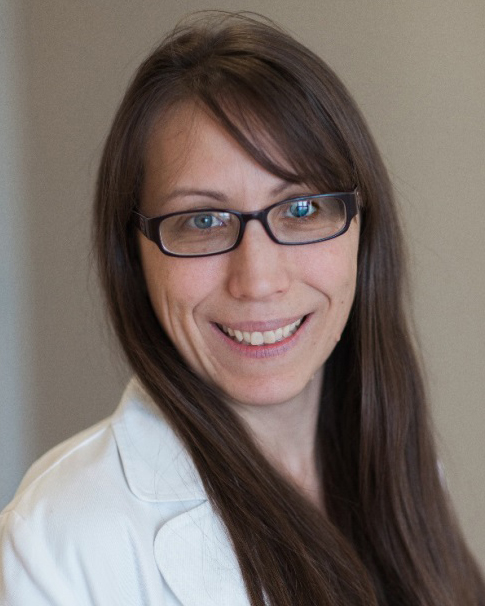
Jennifer Carey, MD
University of Massachusetts Medical Center
Adolescent at Risk: Intentional toxic exposures in self-harm attempts and the role of social media.
Award Amount $6,042
Abstracts:
- Chapman BP, Nader N, Lai J and Carey JL. #HelpMe Social Media Usage Among Suicidal Adolescents. UMass Center for Health and Social Media Conference, Worcester, MA. May 2017
- Chapman BP, Lai J, Nader N and Carey JL. Do adolescents post social media content indicative of self-harm and intentional poisonings? J Med Toxicol 2017;13:3-46 Abstract #103
- #HelpMe Social Media Usage Among Suicidal Adolescents. UMMS CCTS Community Engagement and Research Symposium, Worcester, MA. March 2017
Publication: Carey JL, Chapman B, Chai P, Jake-Schoffman DE, Carreiro S, Nader N, Pagoto S. Social Media and Self Harm: The use of social media in depressed and suicidal youth. Proc Annu Hawaii Int Conf Syst Sci. (accepted)
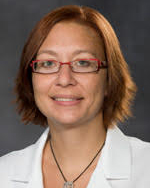
Christine Murphy, MD
Carolinas Medical Center
A pilot study of the efficacy of hydroxocobalamin in treating nifedipine-induced shock.
Award Amount: $11,000
Abstracts:
- Murphy CM, Williams C, Quinn M, Nicholson B, Shoe T, Beuhler MC, Kerns WP. Pilot trial of lipid rescue in a swine model of severe nifedipine toxicity. J Med Toxicol. 2013;9:82
- Murphy CM, Williams C, Quinn M, Nicholson B, Shoe T, Dulaney AR, Beuhler MC, Kerns WP. Pilot study comparing hemodynamic measures in swine anesthetized with α-chloralose and isoflurane. Clin Toxicol 2014;52:358
- Murphy CM, Williams C, Quinn M, Nicholson B, Shoe T, Dulaney AR, Beuhler MC, Kerns WP. Survival of swine with nifedipine toxicity treated with methylene blue. J Med Toxicol 2014;10:69
- Murphy CM, Gellar M, Runyon MS, Rozario N, Kerns W. Efficacy of Hydroxocobalamin in Treating Nifedipine Induced Shock. J Med Toxicol 2016;12:5-6
Publication: Murphy CM, Williams C, Quinn ME, Nicholson T, Shoe T, Beuhler MC, Kerns WP. Pilot trial of intravenous lipid emulsion treatment for severe nifedipine-induced shock. J Med Toxicol. 2016;12:380-5 PMID:27501853

Katherine Katzung, MD
HealthPartners Institute for Education & Research/Regions Hospital
Effect of Norepinephrine on Cerebral Oxygenation in a Porcine Model of Propranolol Toxicity After Maximization of High Dose Insulin (HDI) Therapy.
Award Amount $13,922
Abstract: Katzung KG, LeRoy JM, Boley SP, Thomas AJ, Stellpflug SJ, Holger JM, Engebretsen KM. Randomized Controlled Study Comparing High Dose Insulin (HDI) to Vasopressors or Combination Therapy in Refractory Toxin-Induced Cardiogenic Shock (TICS). J Med Toxicol (2016); 12:3-47. Abstract #1.
Publication: Katherine G. Katzung, Jenna M. Leroy, Sean P. Boley, Samuel J. Stellpflug, Joel S. Holger & Kristin M. Engebretsen (2019) A randomized controlled study comparing high-dose insulin to vasopressors or combination therapy in a porcine model of refractory propranolol-induced cardiogenic shock, Clinical Toxicology, 57:11, 1073-1079, DOI: 10.1080/15563650.2019.1580372

Nathan Menke, MD
VA Pittsburgh Healthcare System
Utilizing Machine Based Learning Algorithms to Predict Mortality in Acetaminophen Overdose.
Award Amount: $10,000
Abstract: Menke N, Pizon A, Menke M. Utilizing a machine-based algorithm to predict mortality in acetaminophen overdose. J Med Toxicol 2017;13:3-46 (abstract #6)
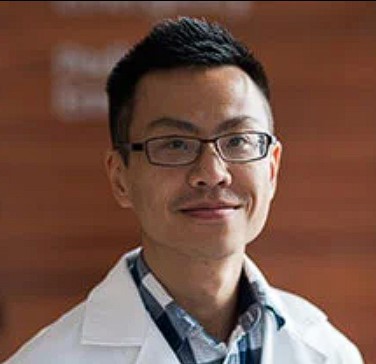
Jeffrey, Lai, MD
University of Massachusetts Medical Center
"TeleSUDE - A Telemedicine-based Substance Use Disorder Evaluation to facilitate addiction treatment referrals after near-fatal opioid overdose"
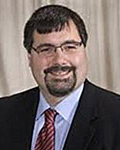
Tim Wiegand, MD
University of Rochester Medical Center
"Does Direct Medical Toxicology: Bedside Care Improve Upon Poison Center Based Protocols for Pediatric Antidepressant Ingestions?"
Abstract: Wiegand TJ, Do MT, Jones C and Seplaki C. Medical Toxicology bedside consultation provides enhanced clearance compared to Poison Center based protocols in pediatric antidepressant ingestions. Presentation at the 2018 American College of Medical Toxicology (ACMT) Annual Scientific Meeting, Washington DC April, 2018. Also published in the Journal of Medical Toxicology March 2018; 14(1): 3-67 (abstract # 166).

Anthony Pizon, MD and colleagues
The University of Pittsburgh Medical Center
"Effects of Specialty Care on Cost and Length of Stay Following Hospitalization of the Poisoned Patient"
Abstracts:
- Menke NB, King AM, Lynch MJ, Abesamis MG, Saul MI, Pizon AF. Effects of medical toxicology speciality care on resource utilization during hospitalization of the poisoned patient. J Medical Toxicology 2015;11:6.
- Menke NB, King AM, Lynch MJ, Abesamis MG, Saul MI, Pizon AF. An inpatient toxicology service leads to increased hospital revenue by significantly increasing the number of transferred poisoned patients. J Medical Toxicology 2015; 11: 31
- Menke NB, King AM, Lynch MJ, Abesamis MG, Saul MI, Pizon AF. Effects of medical toxicology specialty care on length of stay following hospitalization of the poisoned patient. J Medical Toxicology 2015; 11: 31-32.
Publication: King, A. M., Danagoulian, S., Lynch, M., Menke, N., Mu, Y., Saul, M., Abesamis, M., Pizon, A. The Effect of a Medical Toxicology Inpatient Service in an Academic Tertiary Care Referral Center. J. Med. Toxicol. (2019) 15:12–21
